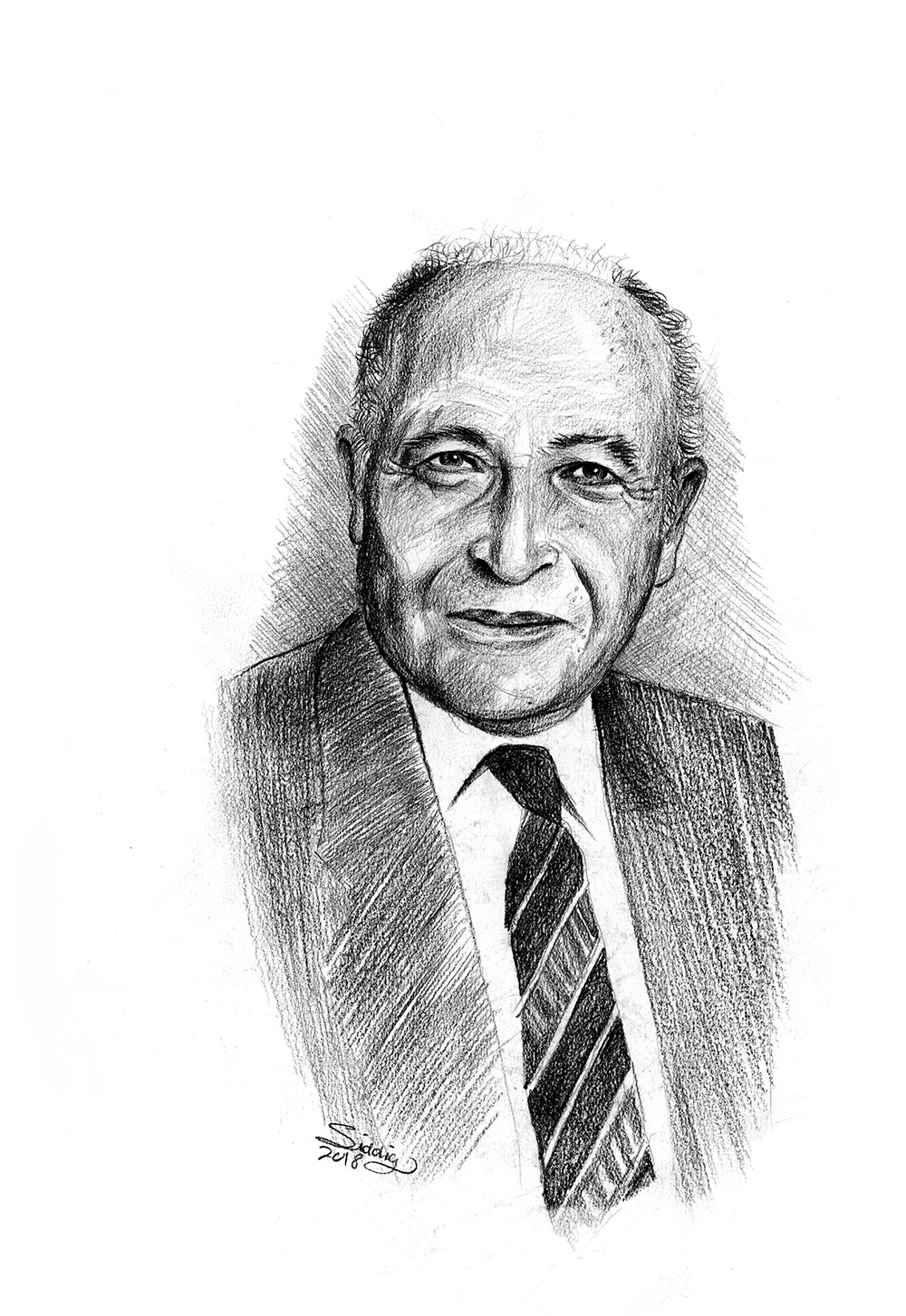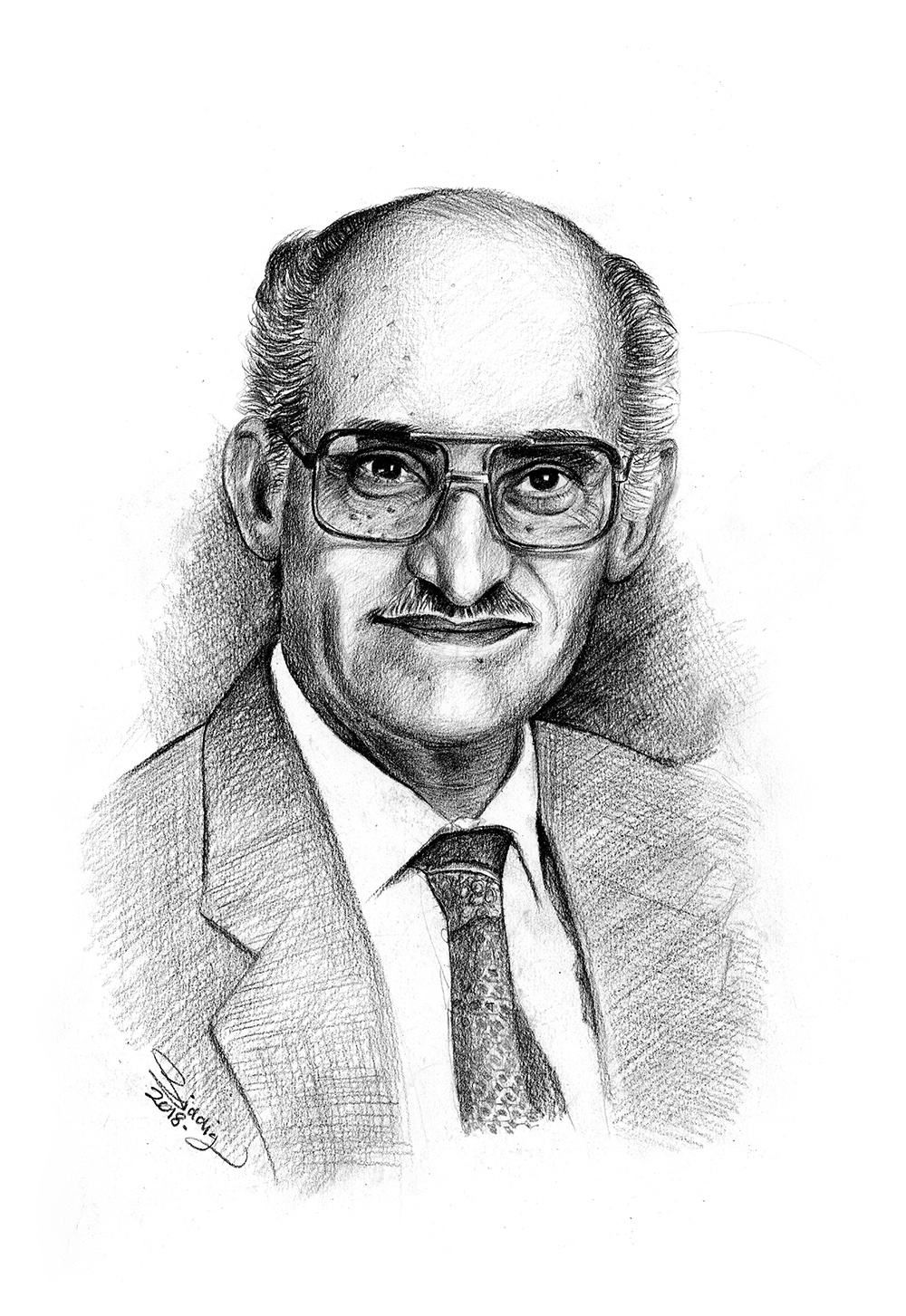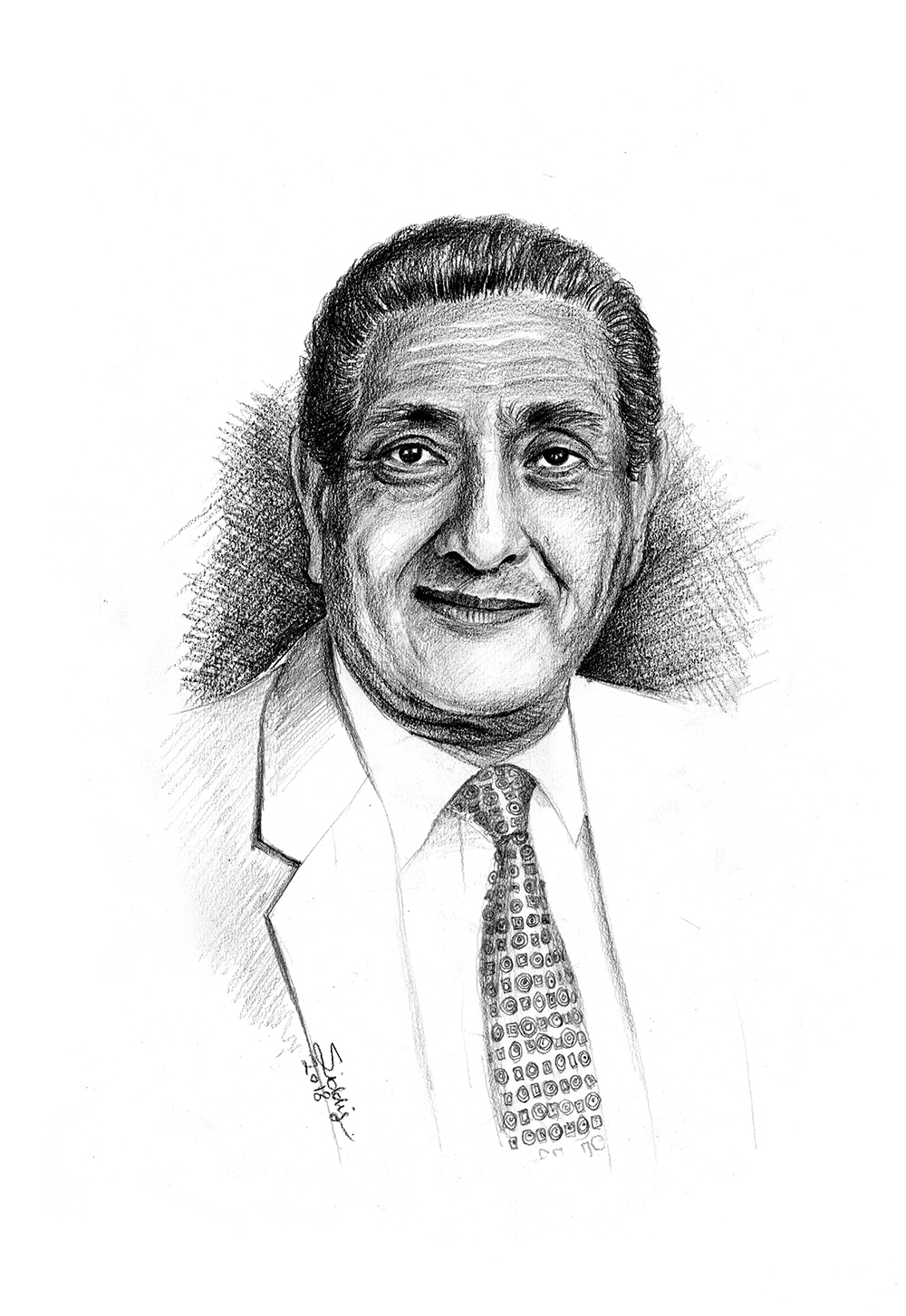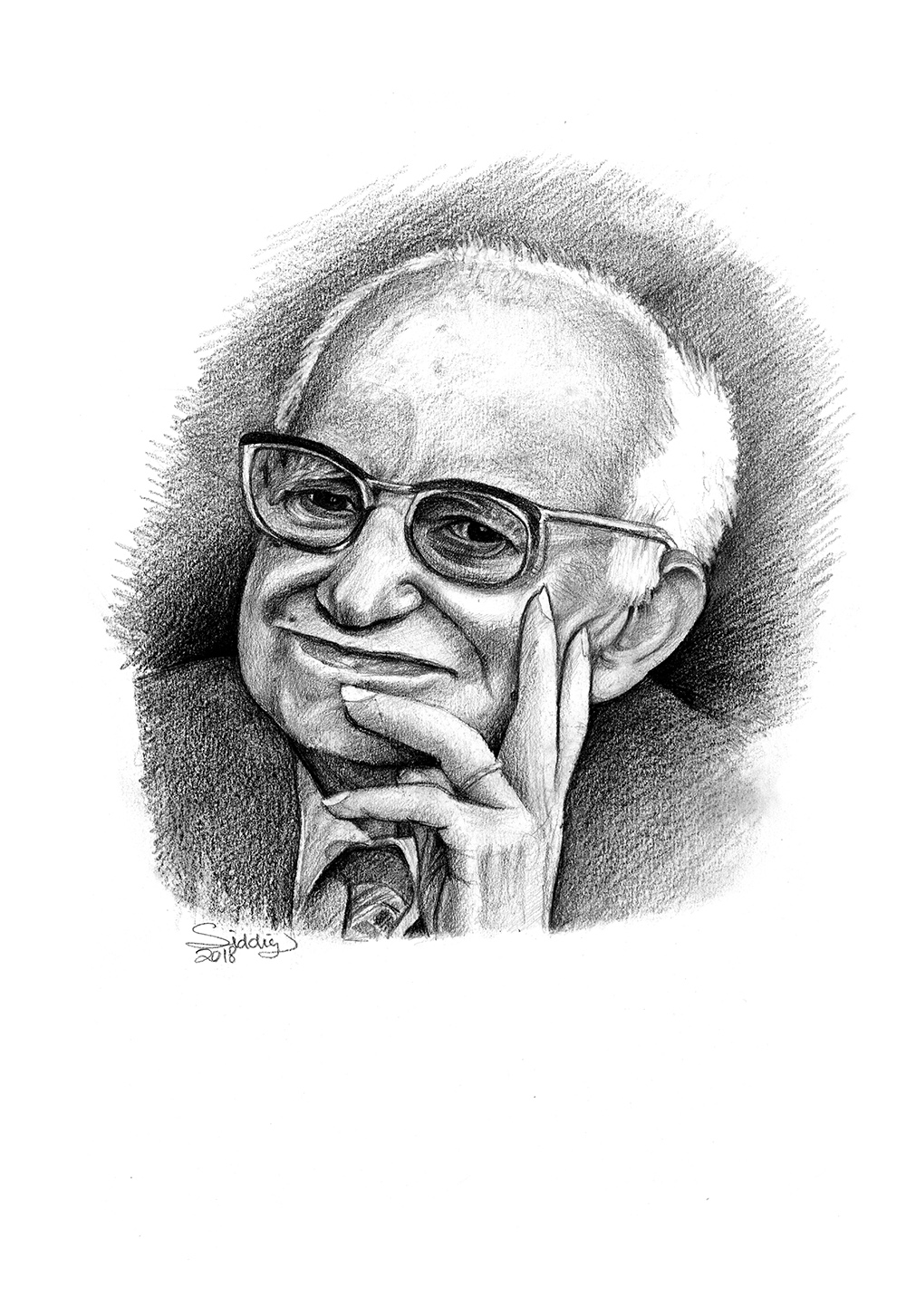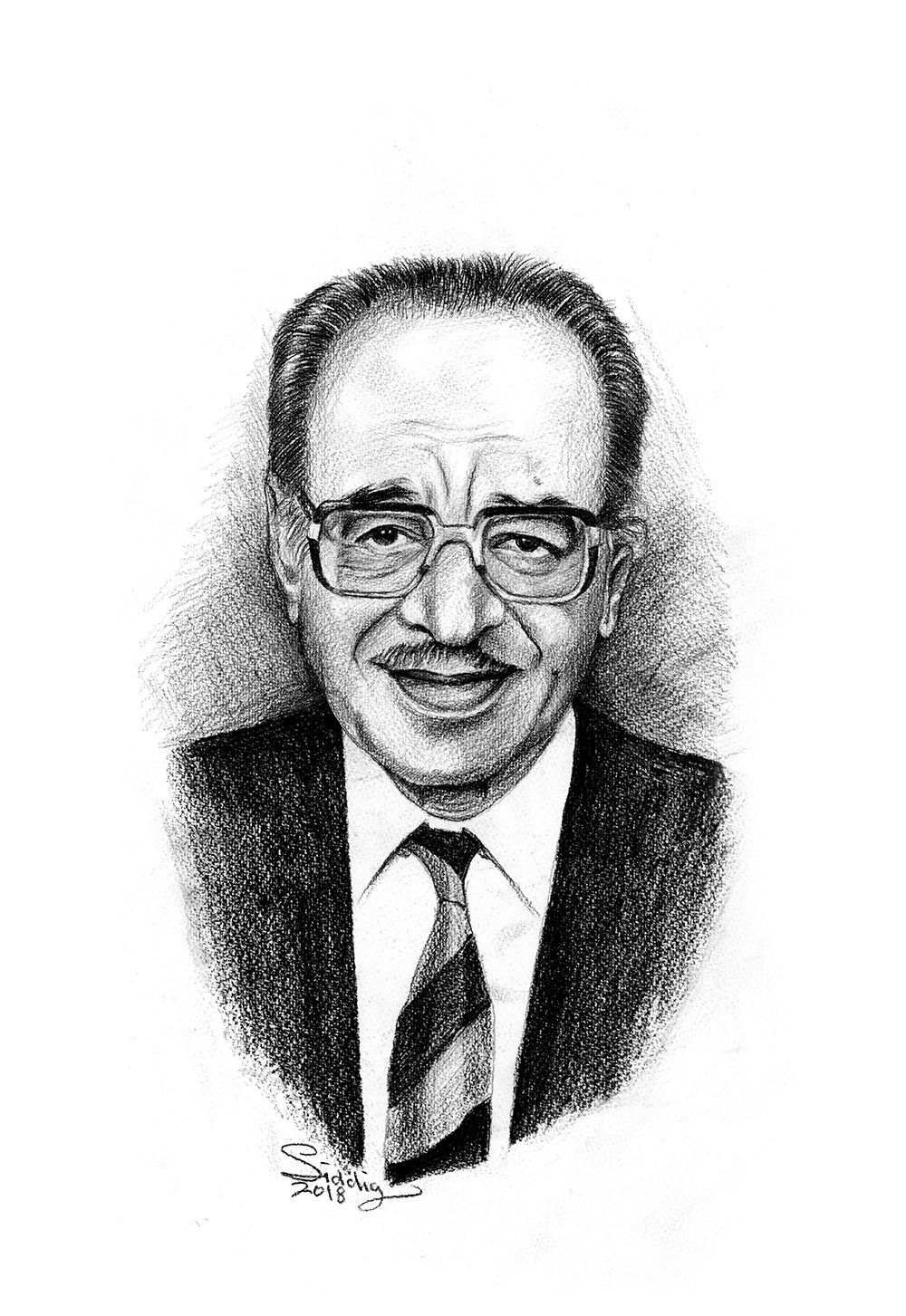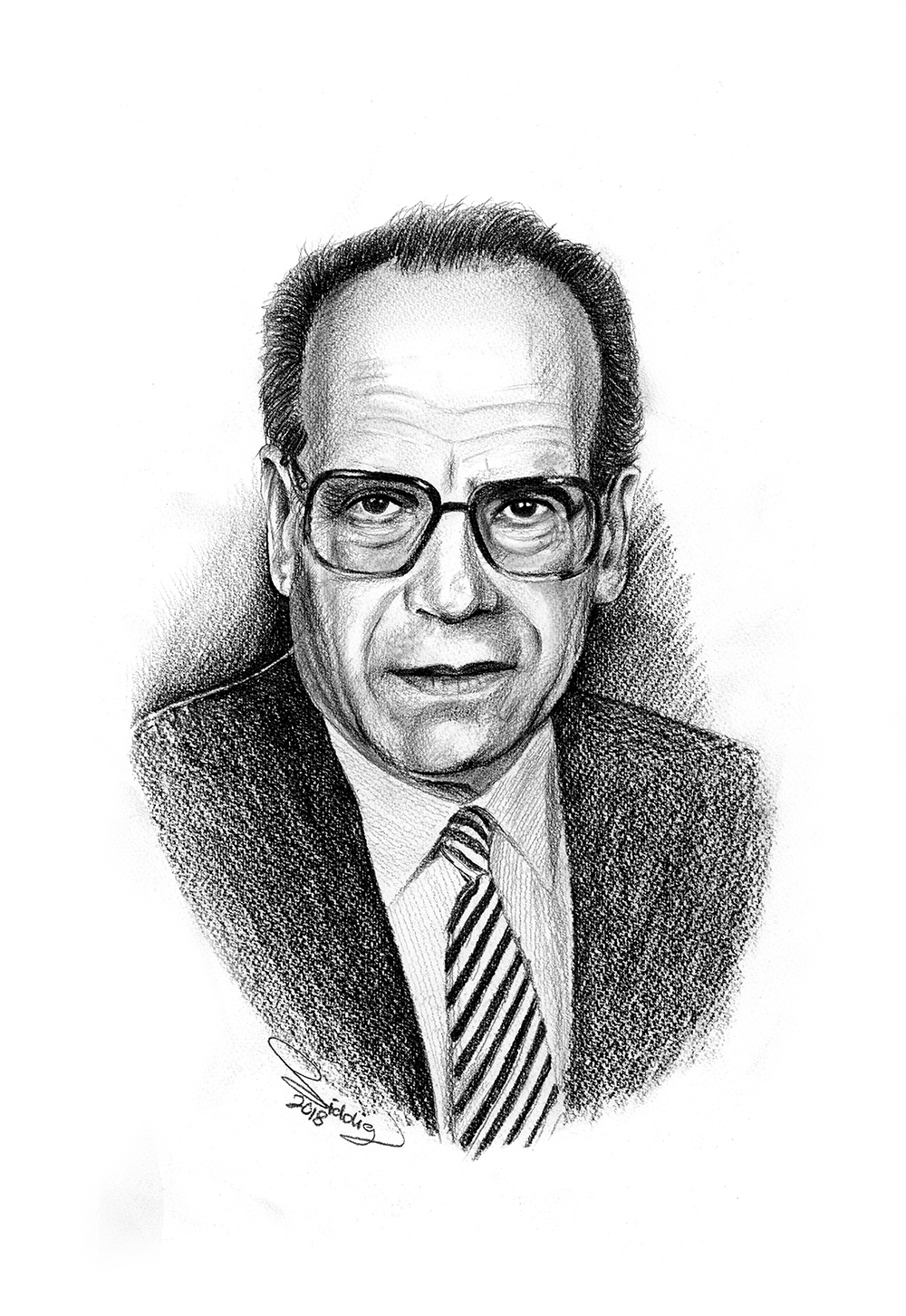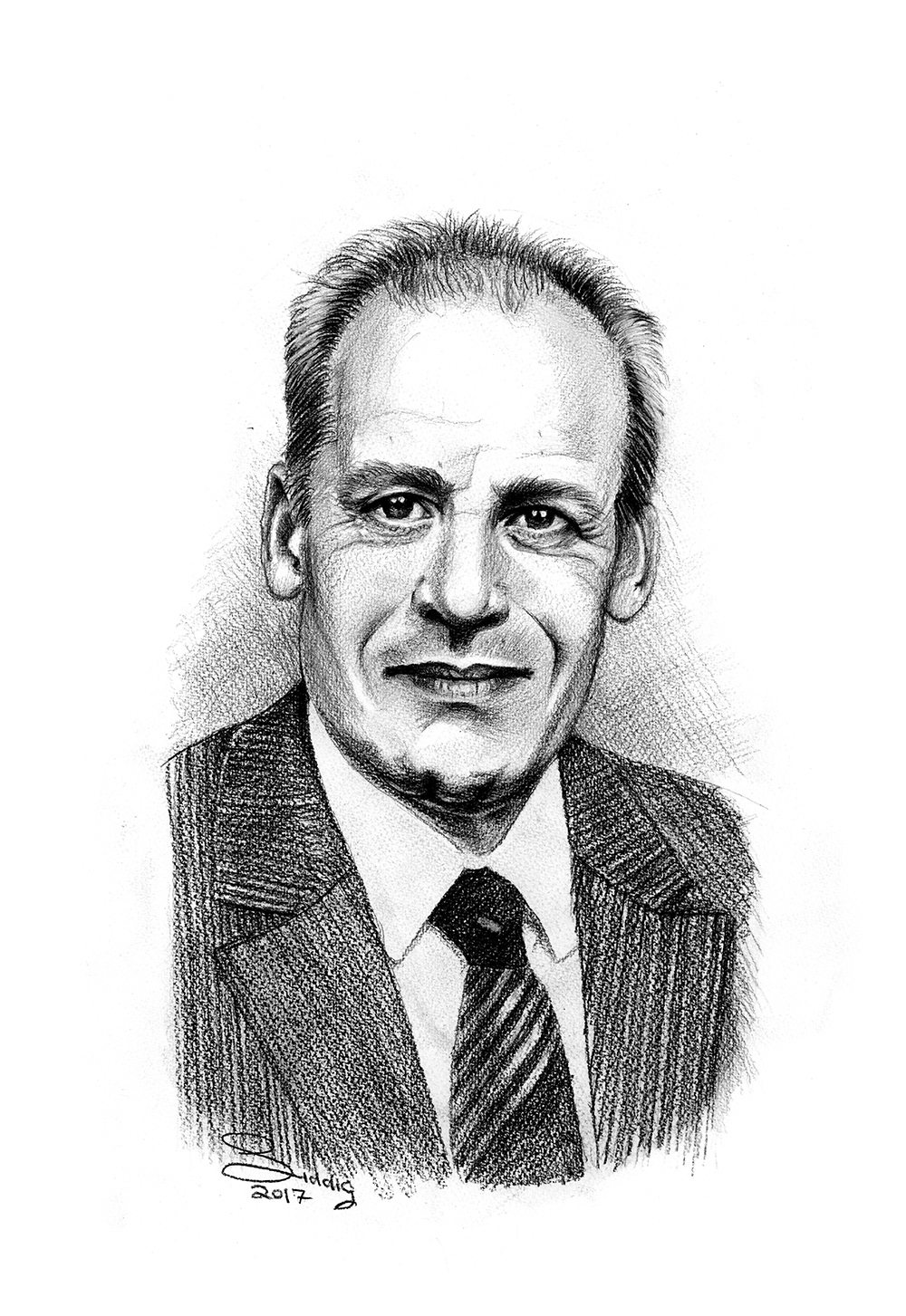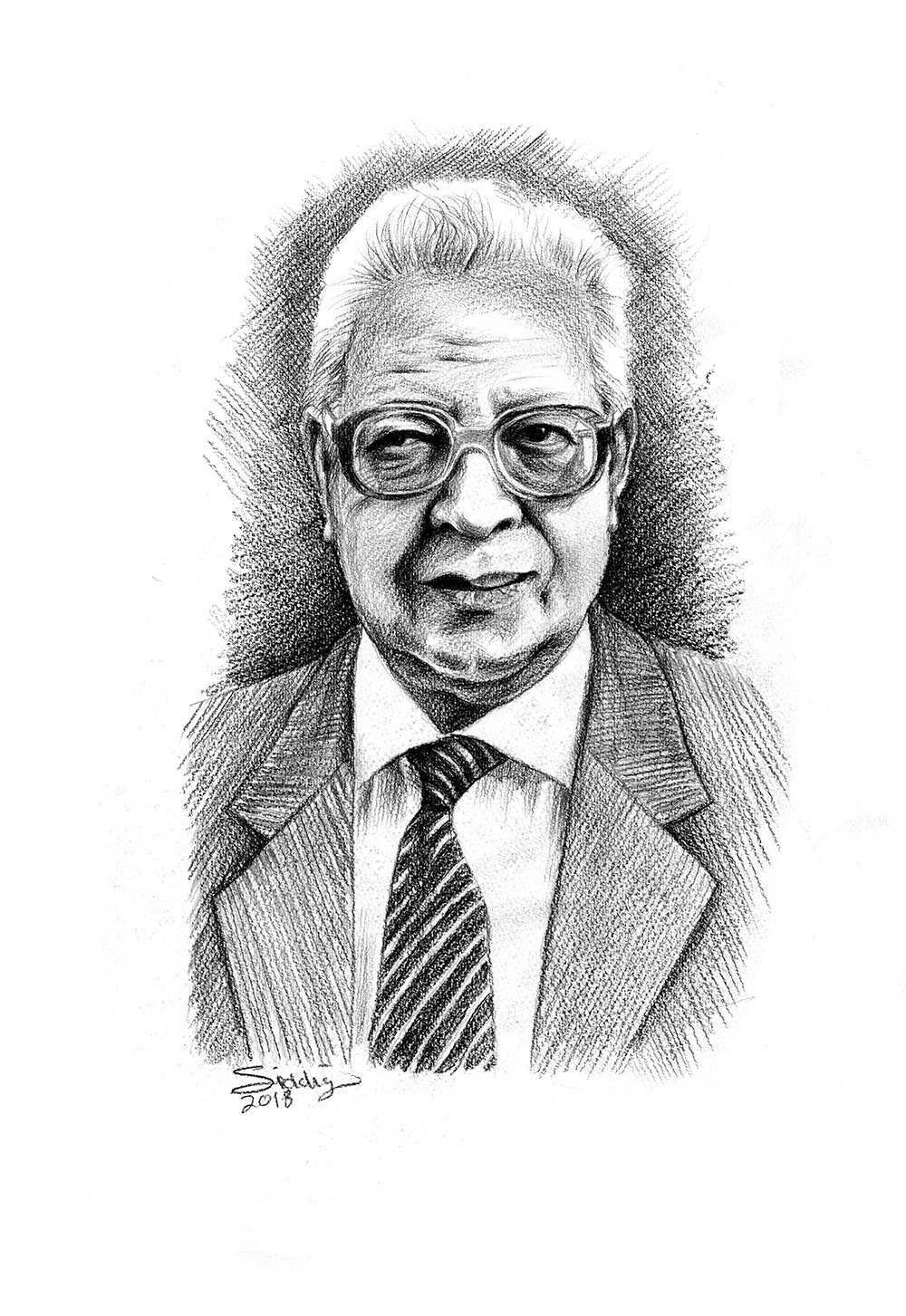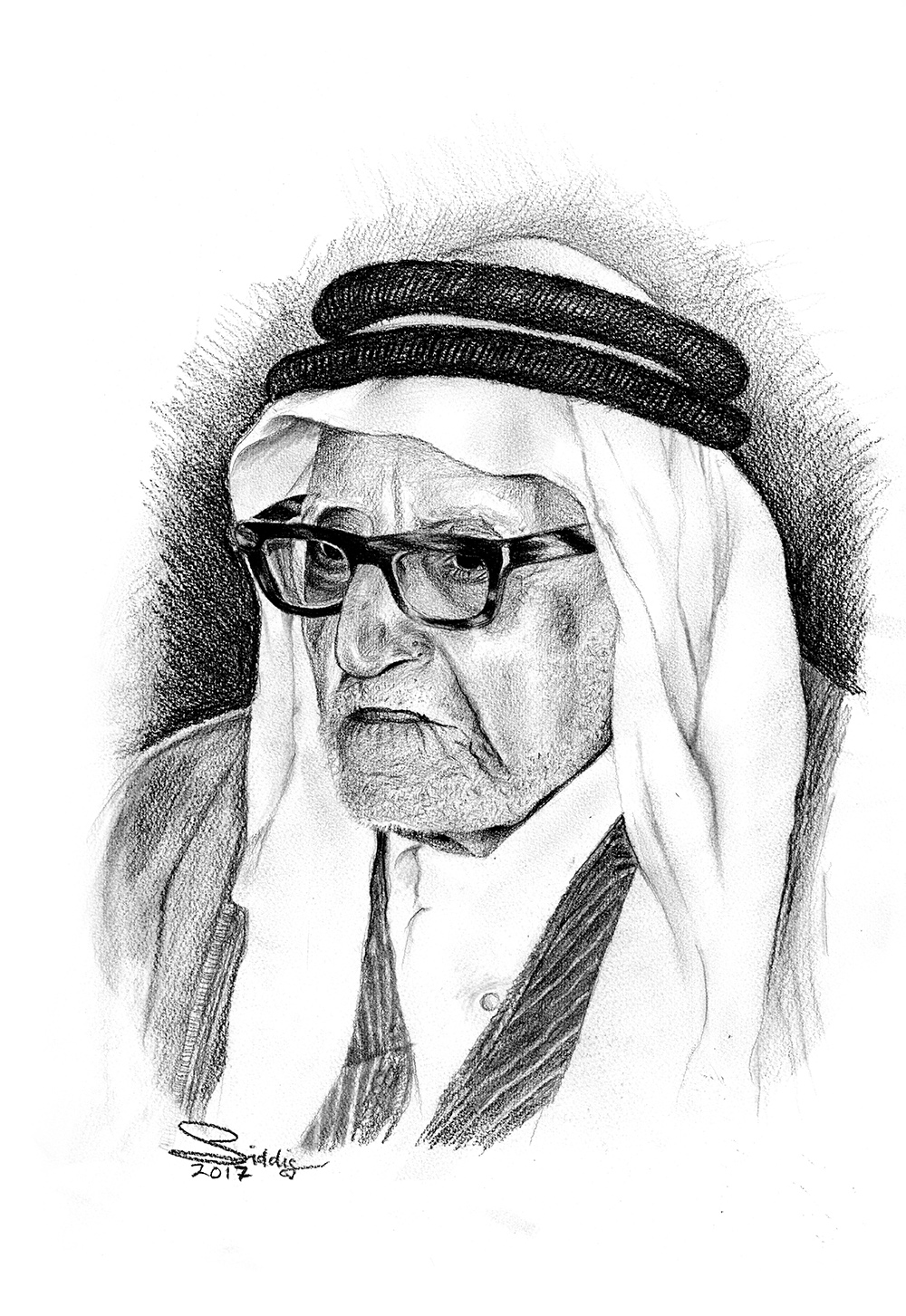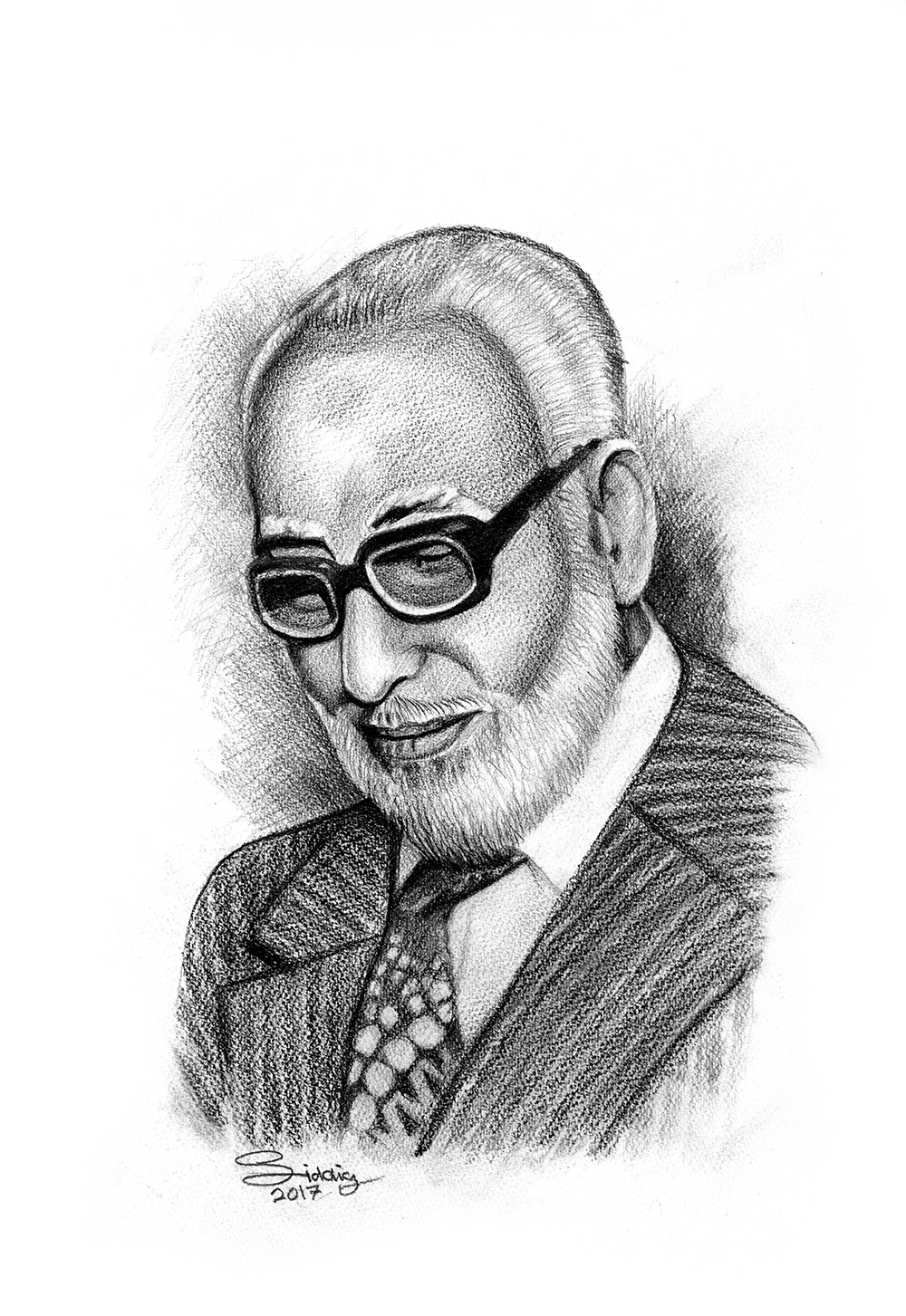Ali Abd Al-Qadir Al-Siqilli was educated in Al-Qaraween University in Fez. He was the first Director of the Moroccan Royal Court Publications Department in 1956. He served for many years as a cultural counselor in the Moroccan Ministry of Foreign Affairs and as Morocco’s cultural attaché to several countries. He has also been teaching Arabic literature and language in the College of Arts and Humanities in Rabat for about 50 years and was the Inspector General of Education in Morocco.
Mr. Al-Siqilli is a remarkable educator, poet, and writer of children’s literature. He uses poetry to write tales and rural plays for children. His writings incorporate fascinating limericks and ballads designed to suit children of different ages, stimulating their imagination while providing them with experience. He also wrote for adults and translated poems from French to Arabic. The complete collection of his own poems was published in a 7-volume book. Notably, he is the author of the Moroccan national anthem.
Mr. Al-Siqilli has been a member of the Moroccan Writers Union since 1967. He participated in educational conferences and cultural festivals in his country and in several symposia in Arab and European countries. Prior to receiving the King Faisal International Prize for Arabic Literature, he was awarded Morocco’s Grand Prize in 1981.
Mr. All Abd Al-Qadir Al-Siqilli chose poetry as the medium of his stories. His delightful limericks and more formal stanzas combine music and concrete flavor. Religion is a major inspiration for his tales about the city and the countryside.
This biography was written in the year the prize was awarded.

